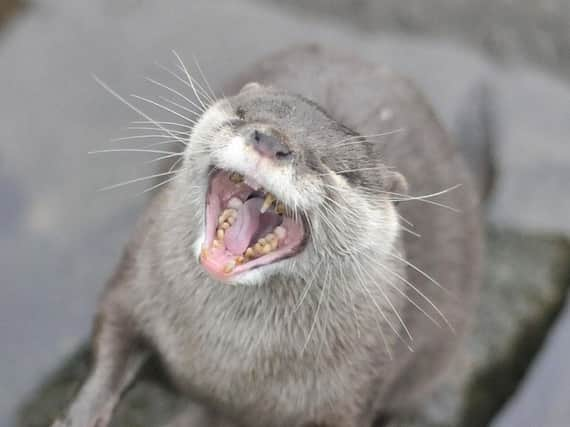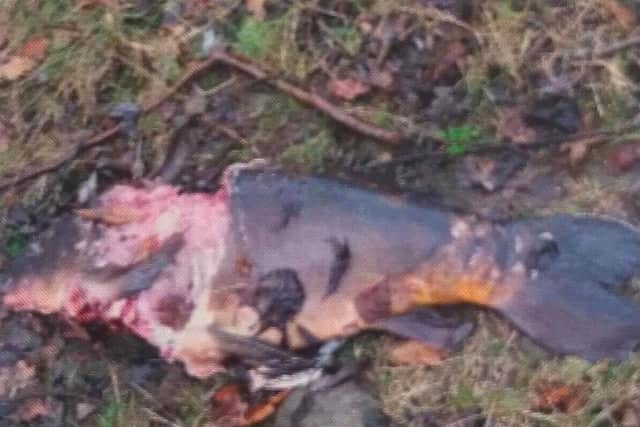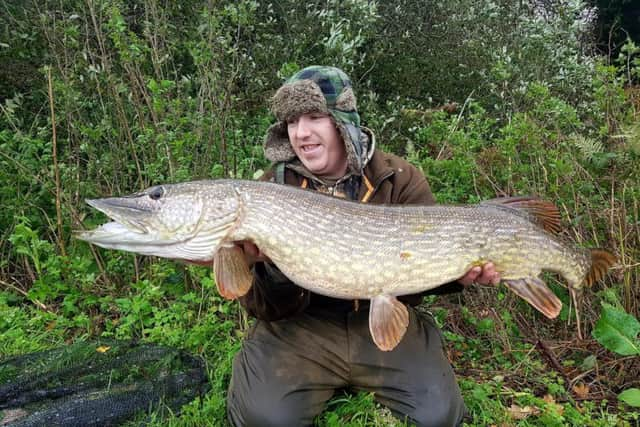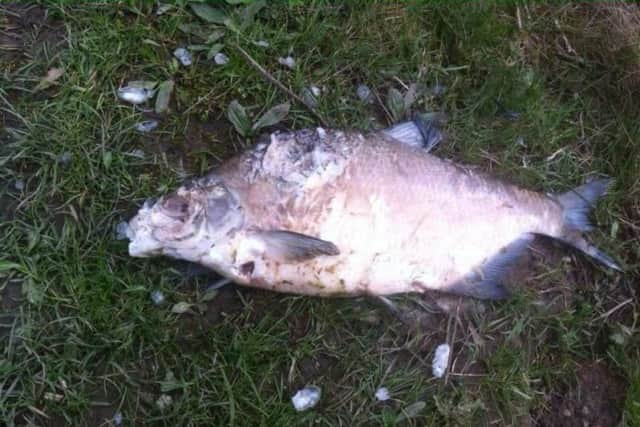Does otter resurgence pose threat to fish stocks in South Yorkshire?


Otter numbers are on the rise in the UK after pollution and pesticides had prompted the population of the river-dwelling mammals to plummet.
Last year, when a major study found they were back on the Don in Sheffield the news was widely welcomed as a sign of the once filthy river's return to better health.


Advertisement
Hide AdAdvertisement
Hide AdJamie Redfern, a keen fisherman living in Wincobank, claimed they were already posing a threat to fish numbers in Rother Valley Country Park, where he said carcasses with tell-tale signs of an otter attack had been found.
"The Don is thriving again after a big effort to clean it up. It's home to some lovely freshwater fish, but if something isn't done to protect them from otters they could be wiped out and all that hard work to bring back fish will be undone," added the 27-year-old engineer.


Alex Mitchell, director of Aston Park Fishery in Sheffield, shared Mr Redfern's concerns.
He said there had been no problems so far but he expected otters to become 'as big a threat as cormorants' should their numbers keep rising.
Advertisement
Hide AdAdvertisement
Hide Ad"They're alright in certain areas but around fisheries it's people's livelihoods and our site is 30 acres so it would be impossible to protect fish using otter fences."


Bob Simpson, of SYP Angling Club, said he was aware of concerns but members had not reported any sightings of otters or problems believed to be caused by them.
And Ian Hurst, secretary of Doncaster & District Angling Association, said: "I don't think otters are at the level where they will cause such a major problem on the rivers or canals around here.
"Our otters are almost all natural and we're of the mindset they have every right to be here. I think they get a bad reputation due to some of the commercial fisheries which are overstocked."
Advertisement
Hide AdAdvertisement
Hide AdThe Specialist Anglers Alliance has said the otter is 'welcomed back as an integral part of our environment' and anglers must accept the 'associated risks' posed to fisheries, but it has raised concerns about the cost of installing protective fencing.


A spokeswoman for the Canal & River Trust, the charity which cares for the Sheffield & Tinsley Canal, River Don Navigation and Stainforth & Keadby Canal, said the resurgence of otters was cause for celebration not concern.
"It is great news that the otter is at home on our waterways and their presence should be celebrated - they are a native species and part of a balanced aquatic ecosystem," she said.
"It is important to understand their behaviour and ecology before rushing to concerns. Otters can hold territories of up to 70km of waterway, and the general picture shows that where they have re-established over the past two decades there is little overall impact on the sustainability of fisheries.
Advertisement
Hide AdAdvertisement
Hide Ad"However, there is some local evidence of carp predation, which is a loss for anglers targeting the species and is likely due to the massive decline in eels over the past 30 years, which are the otter’s preferred prey.
"At suitable locations we work with angling clubs and the Angling Trust on appropriate preventative measures, and we monitor the situation as part of our fishing and wildlife work."